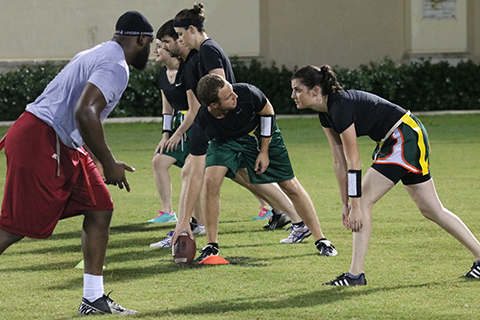Morning Sickness: Understanding Its Causes, Coping Strategies, Solutions
– Morning sickness is nausea and vomiting that happens in the first few months of pregnancy.
– At least 7 in 10 pregnant women experience morning sickness in the first trimester.
– Morning sickness usually starts at about 6 weeks of pregnancy and is at its worst at about 9 weeks.
– Most women feel better in their second trimester, but some have morning sickness throughout pregnancy.
– Severe morning sickness, called hyperemesis gravidarum, can cause serious problems during pregnancy and may require hospital treatment.
– About 3 in 100 women may have hyperemesis gravidarum.
– Hyperemesis gravidarum can cause weight loss and dehydration during pregnancy.
– Women may be at higher risk for hyperemesis gravidarum if they are pregnant for the first time, pregnant with a girl, pregnant with multiples, had severe morning sickness in a previous pregnancy, have a family history of severe morning sickness, experience motion sickness or migraines, are overweight, or have trophoblastic disease.
– Symptoms of hyperemesis gravidarum include vomiting more than 3 to 4 times a day, dizziness or lightheadedness from vomiting, dehydration, and losing more than 10 pounds in pregnancy.
– Treatment for hyperemesis gravidarum may include medication, intravenous fluids, and in some cases, a feeding tube to ensure proper nutrition.
– Morning sickness, also known as nausea and vomiting of pregnancy, is a condition that occurs in the first few months of pregnancy.
– It affects at least 7 in 10 pregnant women in the first trimester.
– Morning sickness can occur at any time of day, despite its name.
– It typically starts around 6 weeks of pregnancy and is most severe at 9 weeks.
– Most women feel better in the second trimester, but some may experience morning sickness throughout pregnancy.
– Mild morning sickness does not harm the mother or baby.
– Severe morning sickness, called hyperemesis gravidarum, affects about 3 in 100 women.
– Hyperemesis gravidarum can cause weight loss and dehydration.
– It can last the entire pregnancy and requires treatment to ensure the safety of the mother and baby.
– Risk factors for hyperemesis gravidarum include being pregnant for the first time, being pregnant with a girl, carrying multiples, having a history of severe morning sickness or a family history of it, having motion sickness or migraines, being overweight, or having trophoblastic disease.
– Signs and symptoms of hyperemesis gravidarum include vomiting more than 3 to 4 times a day, dizziness or lightheadedness from vomiting, dehydration (thirst, dry mouth, fast heartbeat, decreased urine), and losing more than 10 pounds during pregnancy.
– Treatment may involve medication to relieve nausea and vomiting, hospitalization with intravenous fluids for hydration, or a feeding tube to ensure proper nutrient intake if weight loss continues.
– Morning sickness is a condition that is not well understood, but it may be caused by low blood sugar or increased pregnancy hormones.
– It can be worse if a person is stressed or tired, eats certain foods, or is traveling.
– To prevent or relieve morning sickness, taking a prenatal vitamin before getting pregnant, eating crackers before getting out of bed in the morning, eating small, low-fat, easy-to-digest meals throughout the day, and avoiding spicy or fatty foods can help.
– It is also important to stay hydrated and avoid smells that trigger nausea.
– Some potential remedies include acupressure wristbands, acupuncture, and ginger.
– However, it is unsafe to use marijuana to treat morning sickness.
– If morning sickness cannot be relieved on its own or is severe, medical treatment may involve using over-the-counter medicines like vitamin B6 and doxylamine, or a prescription medication combining the two.
– Some over-the-counter sleep aids may contain ingredients that can help with morning sickness.
– Vitamin B6 and doxylamine may be prescribed to help with morning sickness.
– Antiemetic drugs can be prescribed if other treatments do not work, but not all are safe during pregnancy.
– It is important to talk to a healthcare provider before taking any medication during pregnancy.
– There are certain situations when it is recommended to call a healthcare provider about morning sickness:
– Morning sickness continues into the fourth month of pregnancy.
– Losing more than 2 pounds.
– Brown vomit or vomit with blood.
– Vomiting more than 3 times a day and inability to keep food or fluids down.
– Faster than usual heart rate.
– Feeling tired or confused.
– Producing significantly less urine or no urine at all.

